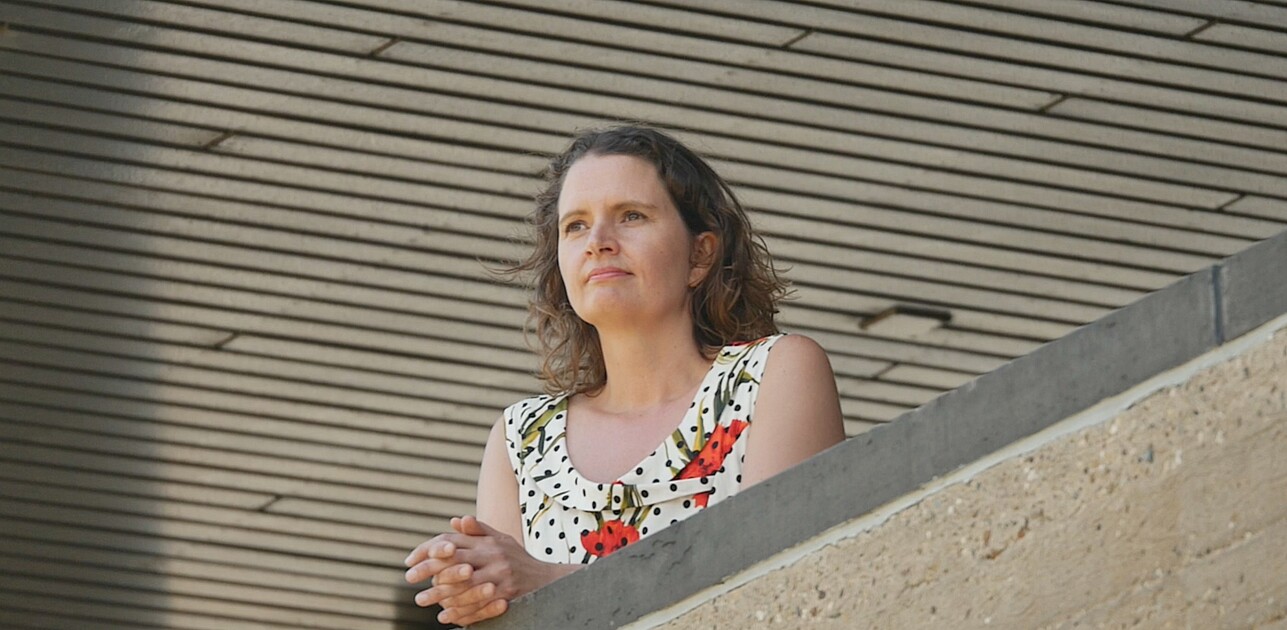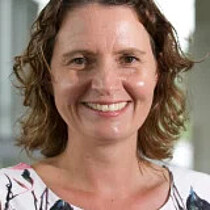

Video: Thursday, 28 September 2017
In Dutch culture, people typically do not talk about their charitable donations, says Dr Pamala Wiepking of Rotterdam School of Management, Erasmus University (RSM). And she believes this should change. Her research shows that if you really want to support a charity, you must tell people how much you donate. This stimulates others to donate too and changes our perspective on philanthropy.
The decision to donate to a philanthropic cause is often not made in isolation, but the result of a social process, says Dr Wiepking. From seeing or hearing about the donations of others, people not only learn that this is something positive you can do with your money, it also teaches them how pleasant it can be to contribute to charity.
First, seeing others get a warm and fuzzy feeling about themselves after ‘doing good’ can be inspiring and lead people to copy this behaviour. But donating also lets people come across as ‘pro-social’ and caring about others, a desired quality that increases social status, Wiepking continues.
All in all, charities would benefit when people discuss when and how much they donate, she says. So, what is holding the Dutch back? The researcher says silence about this topic can be traced back to the county’s protestant religious heritage. In this tradition, you typically don’t talk about income or wealth, and the matter of donating to charity was something between ‘you and God’. If we want to create a more open culture of philanthropy, the Dutch must overcome this hesitancy and start talking to each other about our donations, Wiepking concludes.
VU Amsterdam


Science Communication and Media Officer
Rotterdam School of Management, Erasmus University (RSM) is one of Europe’s top-ranked business schools. RSM provides ground-breaking research and education furthering excellence in all aspects of management and is based in the international port city of Rotterdam – a vital nexus of business, logistics and trade. RSM’s primary focus is on developing business leaders with international careers who can become a force for positive change by carrying their innovative mindset into a sustainable future. Our first-class range of bachelor, master, MBA, PhD and executive programmes encourage them to become to become critical, creative, caring and collaborative thinkers and doers.
